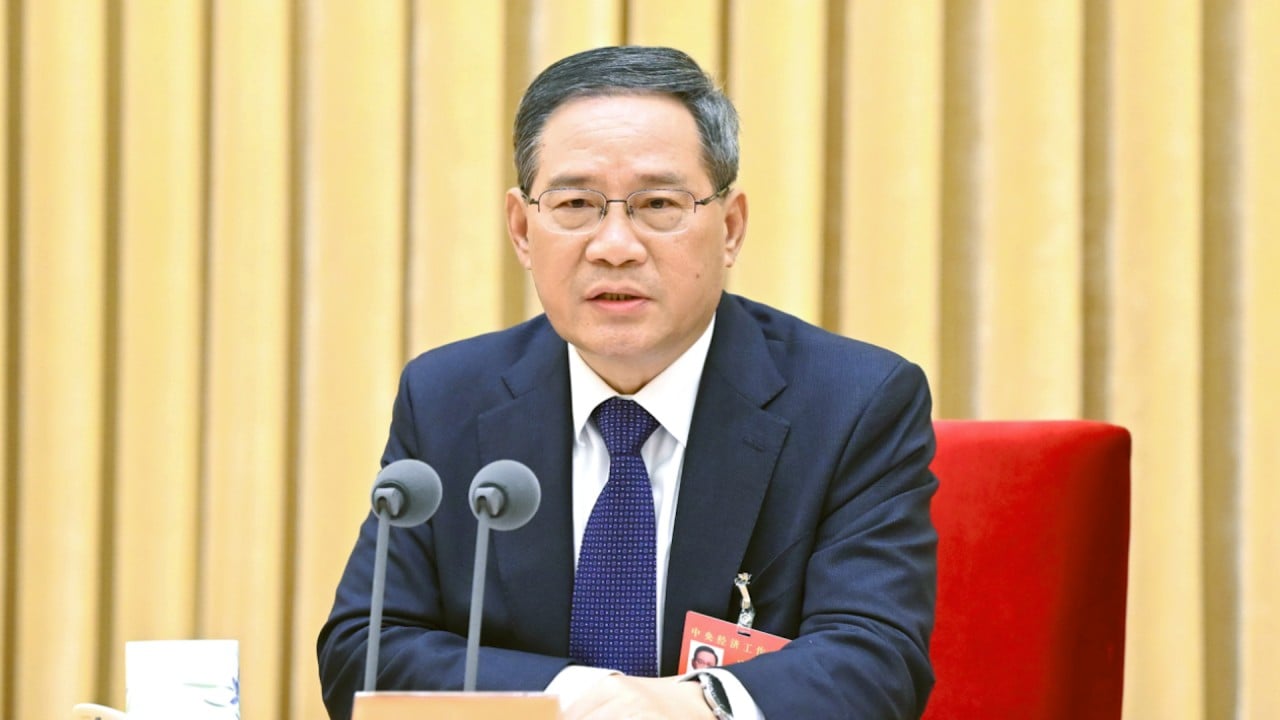
China’s ‘two sessions’ 2023: Beijing fills top prosecutor, judge and anti-corruption positions
- Former Hubei party chief Ying Yong, responsible for the country’s initial Covid-19 response in Wuhan, is named procurator-general
- Incumbent top prosecutor Zhang Jun becomes president of the Supreme People’s Court, while corruption-buster Liu Jinguo will lead anti-graft agency
Ying served as deputy police chief, anti-corruption chief and top judge of Zhejiang province during Chinese President Xi Jinping’s time as party boss in the eastern province.
Ying has been steadily promoted since 2013, when he took over as head of Shanghai’s organisation department, which oversees personnel. He became mayor of Shanghai in 2017 and was named deputy party secretary of the Supreme People’s Procuratorate last year.
Official who led Wuhan pandemic response ‘set to be China’s top prosecutor’
Zhang delivered the annual work report of the top prosecutor’s office on Tuesday, saying 78,000 officials were charged with corruption or involved in crimes related to official duties from 2018 to 2022.
Courts at all levels concluded 119,000 cases of corruption, bribery and other duty-related crimes involving 139,000 people over the past five years, he said.
Liu Jinguo was named director of the National Commission of Supervision, China’s top anti-corruption agency.
Liu, 67, is a police veteran and deputy party boss of the Communist Party’s anti-corruption watchdog, the Central Commission for Discipline Inspection (CCDI). He has also served as deputy party boss and vice-minister of public security, as well as party secretary and inspector general of the CCDI.
Liu is well-known for leading an investigation, dubbed the “fox hunt”, in the early 2010s that resulted in the arrest of 180 suspected economic criminals who were on the run in more than 40 countries.
The term “political crooks” typically refers to officials or businesspeople who claim to be well-connected and able to advance the careers of others for business favours or money.
Xi told the second plenary session of the CCDI that they should “harshly crack down on political crooks with so-called political networking backgrounds”.


